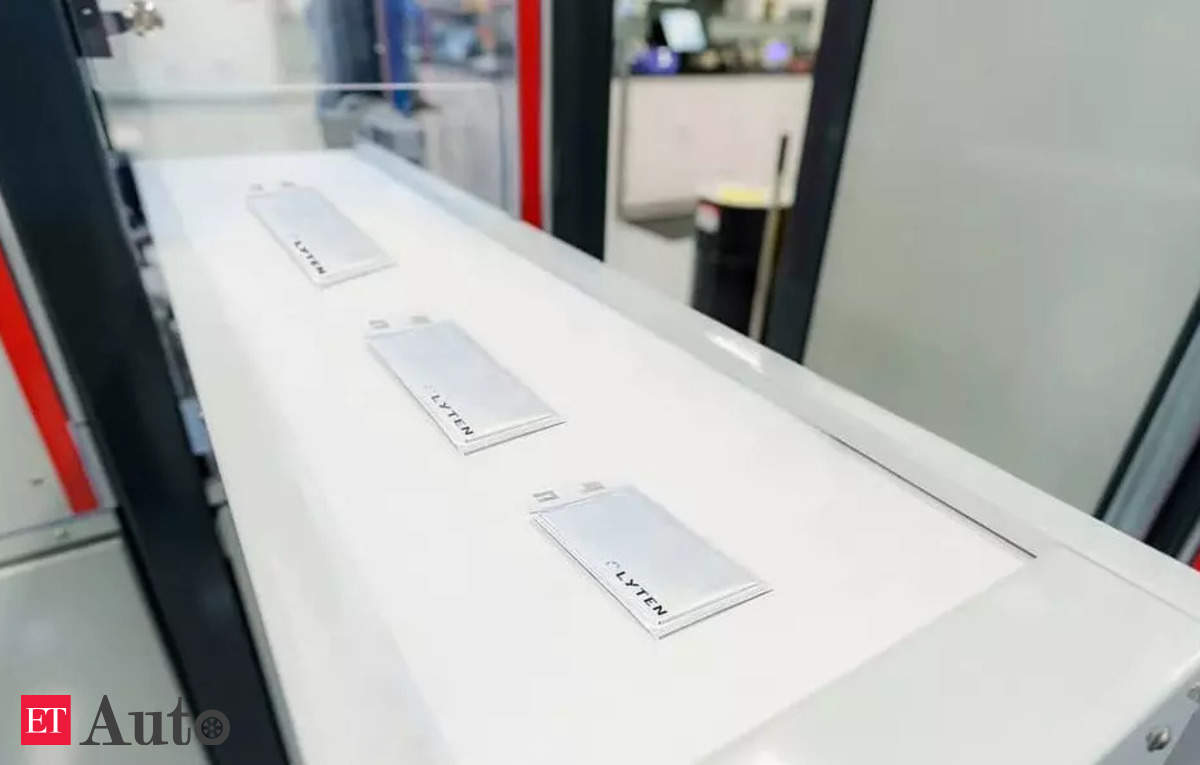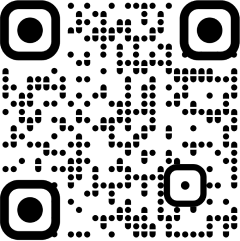New Delhi: Lyten has initiated the shipment of A samples of its 6.5 Ah lithium-sulfur pouch cells to automotive manufacturers, including Stellantis, and other industry leaders in the US and Europe for evaluation. This marks a significant step in testing a battery chemistry that potentially offers more than twice the energy density of traditional lithium-ion batteries.
The company produces lithium-sulfur cells in pouch and cylindrical formats and is currently focusing on the 6.5 Ah pouch cells for customer evaluation. Later this year, cylindrical samples will also be available for testing. These batteries are intended for use across various industries, including automotive, aerospace, defence, and consumer electronics.
Shipments have already been made to a major US consumer electronics company, with plans to deliver samples to the Department of Defense in May. Lyten aims to provide samples to over 20 potential customers for evaluation in the second and third quarters of 2024, with the goal of delivering commercially viable cells to aerospace and defense customers within the year.
The lithium-sulfur samples are produced on an automated pilot line in San Jose, CA, which began operations in May 2023. This pilot line uses standard lithium-ion manufacturing equipment, highlighting the scalability of Lyten’s lithium-sulfur cells. The company is also planning a giga-scale facility to produce automotive-grade samples and commercial cells for non-EV applications.
Lyten’s lithium-sulfur batteries are designed to meet the demand for higher energy density, lighter weight, and lower cost. They use widely available sulfur and proprietary 3D Graphene, eliminating the need for critical minerals and reducing the carbon footprint by over 65% compared to lithium-ion batteries.
To date, Lyten has raised over USD 410 million in equity capital, with investments from companies such as Stellantis, FedEx, and Honeywell. In February 2024, Chrysler announced the inclusion of Lyten’s lithium-sulfur batteries in its Halcyon concept EV.






